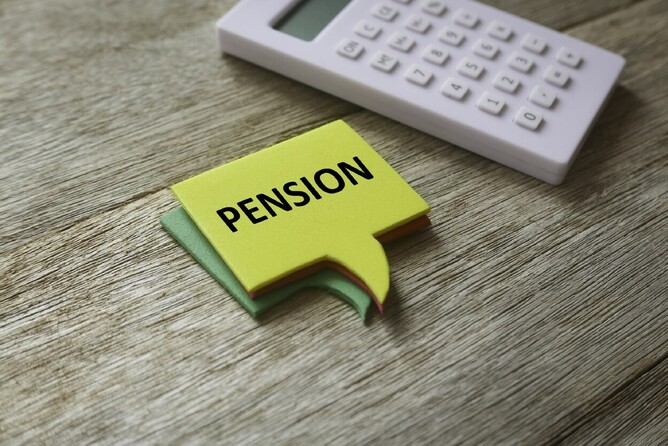At Force Accounting, we know Directors often face the challenge of balancing today’s tax liabilities with securing their financial future. One of the most effective and frequently underutilised strategies is using a company pension. Not only can this significantly reduce corporation tax, but it also ensures Directors are investing in their long-term security.
Let’s break down how this works in practice.
How a company pension can save corporation tax and save for the Director's future:
A limited company can make an employer's contribution to a company pension scheme for the benefit of a Director. The company pays the amount directly into the pension scheme. The amount paid is an allowable expense against corporation tax, which means even a small company that is liable to 19% corporation tax can, eg:
£20000 paid into a company pension on behalf of the Director = £3800 corporation tax saved.
If a more profitable company that pays corporation tax at 25% were to pay the same amount into a company pension, the corporation tax saving would be:
£20000 paid into a company pension on behalf of the Director = £5000 corporation tax saved.
Companies that fall into the marginal rate of corporation tax (between 19% and 25% will save corporation tax at the relevant marginal rate.
Would the pension contribution be subject to dividend tax?
The pension contribution made by the employer would not be subject to dividend tax either.
Example of taking an amount as a dividend vs paying it into a company pension as an employer's pension contribution:
Let's take a company that pays corporation tax at 25% and a director that pays dividend tax at 33.75% (both being the higher rates of tax);
The company has £20000 of profit, which it pays to the Director as a dividend.
Profit | £2000 |
|---|---|
Corporation tax at 25% | £5000 |
Leaves available to take as a dividend | £15,000 |
Dividend Tax at 33.75% | £5062.50 |
After tax, the net value of the £20000 is | £9937.50 |
If the same £20000 were paid as an employer's contribution directly into a company pension, it would result in a corporation tax saving of £ 500,000. Additionally, since it is not a dividend, there would be no dividend tax on the £5062.50 either. This is an overall tax saving of £10062.50
Does the pension contribution have to be paid monthly?
The company can make smaller monthly contributions and then make a lump sum payment.
The amount must be made into the pension before the company's year-end to claim it against tax.
How can a company best utilise this tax saving?
At Force Accounting Ltd, we offer our clients management meetings where we complete a mid-year set of accounts. We then look at what dividends our clients require, and we calculate the most tax-efficient pension contribution that can be made and still fit the income needs of our clients.
One size does not fit all as every Director has a different personal situation.
Is there anything else to consider?
Pension contributions come with an annual allowance of £ 60,000. There is an ability to carry forward up to 3 years' worth of unused pension allowance. It is always best to speak to an appropriate Financial Advisor about setting up the pension, and an appropriate Accountant to work out the most efficient pension contribution for your circumstances.
As you can see, making company pension contributions is a powerful way to reduce tax while building wealth for the future. But the right strategy depends on your company’s profitability, your income needs, and your personal circumstances.
At Force Accounting Ltd, we work closely with Directors to calculate the most tax-efficient mix of dividends, salaries, and pension contributions, tailored to your goals.
👉 Ready to see how much you could save? Book a management meeting with Force Accounting today, and let’s make your money work smarter — both now and for your future.

